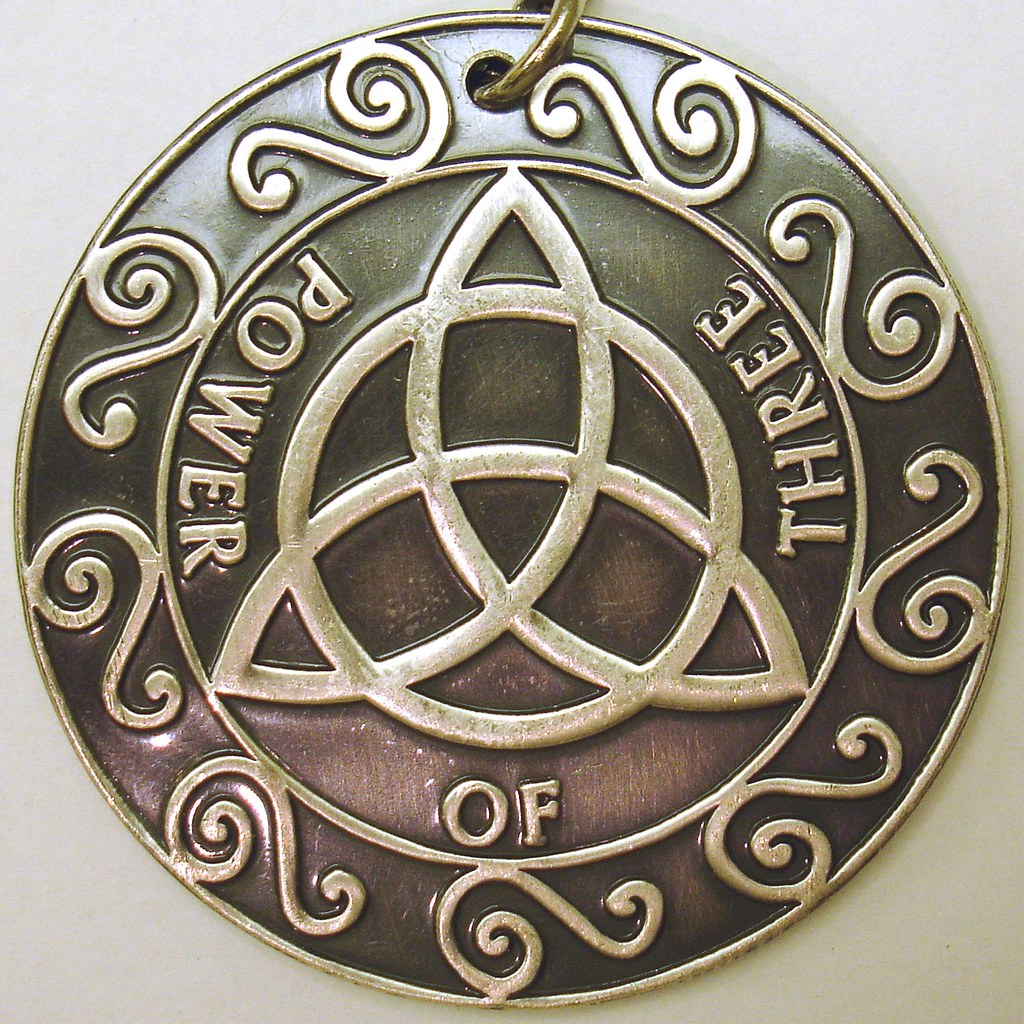 |
| A vintage Smith-Corona. |
My proud possession - Smith Corona - is far from being merely a relic of the past. It embodies a rich tapestry of stories, innovations, and customs that vary from time to time, and country to country. When it was sourced from a professor, it had raised my level as a writer. The keyboard sound was like some sort of musical notes. For me, there could not be any news better to hear than the return of the typewriter.
The demand is strategic and is no less nostalgic. Initially considered obsolete in the digital age, typewriters are experiencing a slow but noticeable resurgence. German politicians are considering a return to using manual typewriters for producing sensitive documents in the wake of the US surveillance scandal. The Russian government too took similar measures after the spillover impact of espionage was partially revealed.
At an individual level, however, it is increasing incidents of cybercrime that is compelling people to live an analog life. It is forcing people to stay away from technology, enforcing them to talk less on the mobile. And for this reason, more people meet across the table with goodwill and coffee mutually exchanged.
The much talked about espionage case may have given the market a fillip, but typewriters had gained a comeback following Richard Polt's 2017 book 'The Typewriter Revolution'. Poets, writers, artists, and even students are putting words to paper and finding pleasure in generating the familiar acoustics. The 20-somethings love the clickety-clack of typewriters. They are using the antiquated machines as a creative escape from computers and the internet.
There is more to it than that meet our eyes. Typewriters use our senses to focus on one thing at a time which demands our full attention, unlike a computer where tabs and screens distract attention. The feel of the keys and the sound of the return wheel produces a unique sensation that is unknowingly transferred onto the words.
If Global Typewriter Market Report 2024 is any indication, the typewriter market will grow at a compound annual growth rate of 3% from 2023 to 2030. The tactile and mechanical feel of the typewriters will fuel its resurgence.
Typewriters never really went away, we only did.
First published in Deccan Herald on March 5, 2025.






.jpg)



